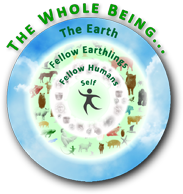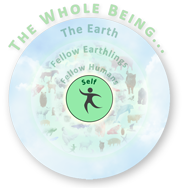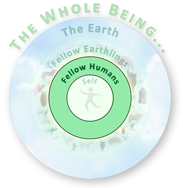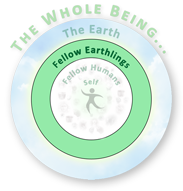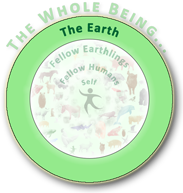Resource Library
To narrow down the list to only resources personally endorsed by CNCL, tick the “CNCL-Endorsed” box.
Please let us know if you find any errors or dead links.
Click here
for a list of…![]()
Broad-Coverage Independent News
& Media Sites
“Hot Dry Rock – An energy free lunch! Yes, Hot Rock Geothermal Energy can supply all the energy we’ll ever need, say scientists and environmentalists familiar with the technology. It taps the heat in the rock just below the ground. There is no environmental cost, no safety problems, no waste. And it works! This program explains how Hot Dry Rock Geothermal Energy functions – and why it’s not being fully developed.” Video: “How Capitalism Exploits Us (And What We Can Do About It)” “While the use of animal testing by tobacco companies was once more widely known, few realize that these tests are still taking place. Tobacco companies routinely use animals for experiments in order to determine what effect new products might have on humans. During the course of these studies, rats, dogs, monkeys and other creatures are forcefully exposed to tobacco smoke or tar for extended periods of time. They are often killed and then examined to determine what effects cigarettes have on their organs, lungs, and even unborn fetuses.” “How many animals are killed for human use every year in the United States? The numbers are in the billions, and these are just the ones we know about. Let’s break it down.” “…researchers found the same “strong relationships between daily positive [mood] and fruit and vegetable consumption.” Additionally, “[l]agged analyses showed that fruit and vegetable consumption predicted improvements in positive [mood] the next day, not vice versa…On days when people ate more fruits and vegetables, they reported feeling calmer, happier and more energetic than they normally do…[and] also felt more positive the next day.” So, eating fruits and vegetables really “may promote emotional well-being.” Single bouts of exercise can elevate one’s mood, so why not the same with healthy food?” Book: “The vast majority of premature deaths can be prevented through simple changes in diet and lifestyle. In How Not to Die, Dr. Michael Greger, the internationally-recognized lecturer, physician, and founder of NutritionFacts.org, examines the fifteen top causes of death in America—heart disease, various cancers, diabetes, Parkinson’s, high blood pressure, and more—and explains how nutritional and lifestyle interventions can sometimes trump prescription pills and other pharmaceutical and surgical approaches, freeing us to live healthier lives. The simple truth is that most doctors are good at treating acute illnesses but bad at preventing chronic disease. The 15 leading causes of death claim the lives of 1.6 million Americans annually. This doesn’t have to be the case. By following Dr. Greger’s advice, all of it backed up by peer-reviewed scientific evidence, you will learn which foods to eat and which lifestyle changes to make to live longer.” Includes a book trailer video and an audiobook sample. “Sci-Hub and LibGen are your access to fee-free science. Virtually all scientific papers that have ever been published (48 million) are accessible with a simple search. You just put the title or doi in the search bar and the website first searches for the article on LibGen (Library Genesis). If the article is there, enter the captcha, sometimes click on random Russian words and voilà! You have your article.” Book: “In this thought-provoking book, Tobias Leenaert leaves well-trodden animal advocacy paths and takes a fresh look at the strategies, objectives, and communication of the vegan and animal rights movement. He argues that, given our present situation, with entire societies dependent on using animals, we need a very pragmatic approach. How to Create a Vegan World contains many valuable ideas and insights for both budding advocates for animals and seasoned activists, organizational leaders, and even entrepreneurs.” “In this presentation (31 min), Tobias Leenaert (aka Vegan Strategist) talks about the importance of open-mindedness, empathy, rationality and positivity in the animal rights movement. “ Book: “Decades before the terms “eco-friendly” and “sustainable growing” entered the vernacular, How to Grow More Vegetables demonstrated that small-scale, high-yield, all-organic gardening methods could yield bountiful crops over multiple growing cycles using minimal resources in a suburban environment. The concept that John Jeavons and the team at Ecology Action launched more than 40 years ago has been embraced by the mainstream and continues to gather momentum. Today, How to Grow More Vegetables, now in its fully revised and updated 8th edition, is the go-to reference for food growers at every level: from home gardeners dedicated to nurturing their backyard edibles in maximum harmony with nature’s cycles, to small-scale commercial producers interested in optimizing soil fertility and increasing plant productivity. Whether you hope to harvest your first tomatoes next summer or are planning to grow enough to feed your whole family in years to come, How to Grow More Vegetables is your indispensable sustainable garden guide.” Book: “Written for the new campaigner and the experienced communicator alike, this is a comprehensive and systematic exploration of what works in campaigning, and a practical how-to guide for using principles and strategy in campaigning as a new form of public politics. Applicable to any issue and from any point of view, the book’s 100 key steps and tools provide models of motivation, analysis and communication structure.” “In these turbulent times, Howard Zinn is inspiring a new generation. This acclaimed film looks at the amazing life of the renowned historian, activist and author. Following his early days as a shipyard labor organizer and bombardier in World War II, Zinn became an academic rebel and leader of civil disobedience in a time of institutionalized racism and war. His influential writings shine light on and bring voice to factory workers, immigrant laborers, African Americans, Native Americans and the working poor. Featuring rare archival materials and interviews with Zinn and colleagues such as Noam Chomsky, You Can’t Be Neutral captures the essence of this extraordinary man who has been a catalyst for progressive change for more than 60 years.” “DVD extras include: Bonus Film: ” A Hope and a Prayer” and an interview with the director. In 1924, Harry Hoxsey claimed a cure for cancer, herbal formulas inherited from his great-grandfather. Thousands of patients swore the treatment cured them; but the medical authorities branded Hoxsey the worst quack of the century. So began a medical war continuing to this day. By the 1950’s Hoxsey’s Texas clinic was the world’s largest, with branches in 17 states. Two Federal courts upheld his treatment’s “therapeutic value.” Even his archenemy, the American Medical Association, admitted it does cure some cases. Yet organized medicine banned the therapy, exiling it to Mexico where it claims an 80% success rate today. Why won’t medical authorities investigate the treatment? Hoxsey charged a “conspiracy” to suppress alternative therapies. Was Hoxsey a hoax? Or was he “The Quack Who Cured Cancer”? Hoxsey’s alarming scenario may make you angry, but most of all HOXSEY offers hope.” Film: “What is it that makes us human? Is it that we love, that we fight? That we laugh? Cry? Our curiosity? The quest for discovery? Driven by these questions, filmmaker and artist Yann Arthus-Bertrand spent three years collecting real-life stories from 2,000 women and men in 60 countries. Working with a dedicated team of translators, journalists and cameramen, Yann captures deeply personal and emotional accounts of topics that unite us all; struggles with poverty, war, homophobia, and the future of our planet mixed with moments of love and happiness…HUMAN shows the dark side of mankind but sheds light on the best of it, for we all have inside of us this will to live together. This is the message that this film tries to convey. Together, united, we can meet the challenges of today and tomorrow. HUMAN is part of an overall logic whose intention is to gather together initiatives and resources from the community scene and from the humanitarian, ecological or social sectors. “ “Select data by dimension, indicator, year and/or country to see a dynamic interactive visualization of the data (represented as line for trends, or bar for single years)” (United Nations Development Programme) “Human Liberation is Animal Liberation…Understanding the connections between animal and human liberation is important for two reasons: 1) It focuses on the roots of oppression. We cannot make systemic change in society without a full analysis of power and domination. Challenging the oppression of one group requires us to understand the oppression of others, and challenge the oppression of all. 2) Individuals need to examine oppression in all of its forms. By educating ourselves on the intersections between our movements, and by building an intersectional analysis of oppression into our activism, we can simultaneously fight for the liberation of humans, nonhuman animals, and the earth, strengthening all movements.” “Human Resources explores the rise of mechanistic philosophy and the exploitation of human beings under modern hierarchical systems. Topics covered include behaviorism, scientific management, work-place democracy, schooling, frustration-aggression hypothesis and human experimentation.” “Human Rights Watch investigates and reports on abuses happening in all corners of the world. We are roughly 450 people of 70-plus nationalities who are country experts, lawyers, journalists, and others who work to protect the most at risk, from vulnerable minorities and civilians in wartime, to refugees and children in need. We direct our advocacy towards governments, armed groups and businesses, pushing them to change or enforce their laws, policies and practices. To ensure our independence, we refuse government funding and corporate ties. We partner with organizations large and small across the globe to protect embattled activists and to help hold abusers to account and bring justice to victims.” “Humane Borders, motivated by faith and the universal need for kindness, maintains a system of water stations in the Sonoran Desert on routes used by migrants making the perilous journey here on foot. Our primary mission is to save desperate people from a horrible death by dehydration and exposure and to create a just and humane environment in the borderlands. We locate our water stations on government and privately owned land with permission from the landowners. Founded in the summer of the year 2000, Humane Borders, Inc. is a non-profit corporation run almost exclusively by volunteers. Our focus is strictly humanitarian assistance. Donations to Humane Borders are tax-deductible to the extent allowed by law, and we depend upon gifts from individuals and religious groups of all faiths to continue our work.” “Taking personal action to end all animal exploitation by not eating, wearing or using animals”Found 2210 Results
Hot Dry Rock EnviroVideo Documentary

How Capitalism Exploits Us (And What We Can Do About It)
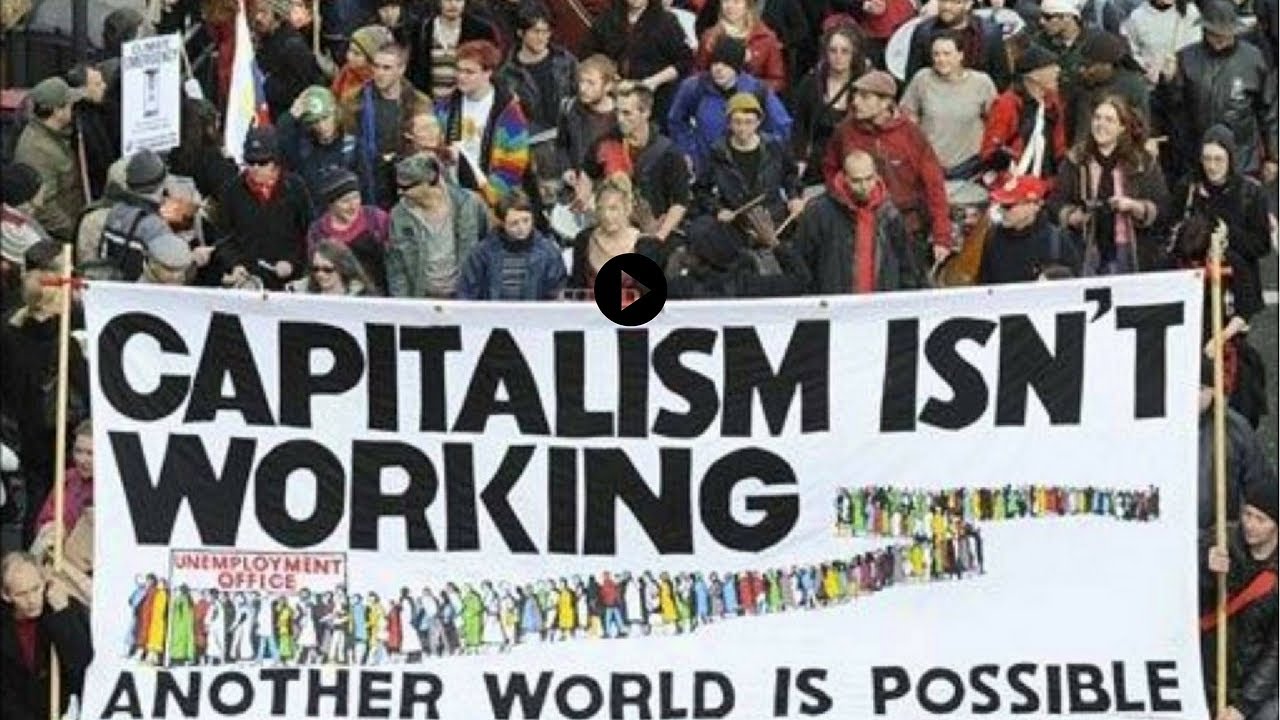
How Cigarette Smoke Harms Animals – Hint: It’s not in the way you Think
![]()
How Many Animals are Killed Each Year?
![]()
How Many Servings of Fruits and Vegetables to Improve Mood?
![]()
How Not to Die
How to Access All Science for Free?
![]()
How to Create a Vegan World: A Pragmatic Approach
How to Create a Vegan World? – Tobias Leenaert
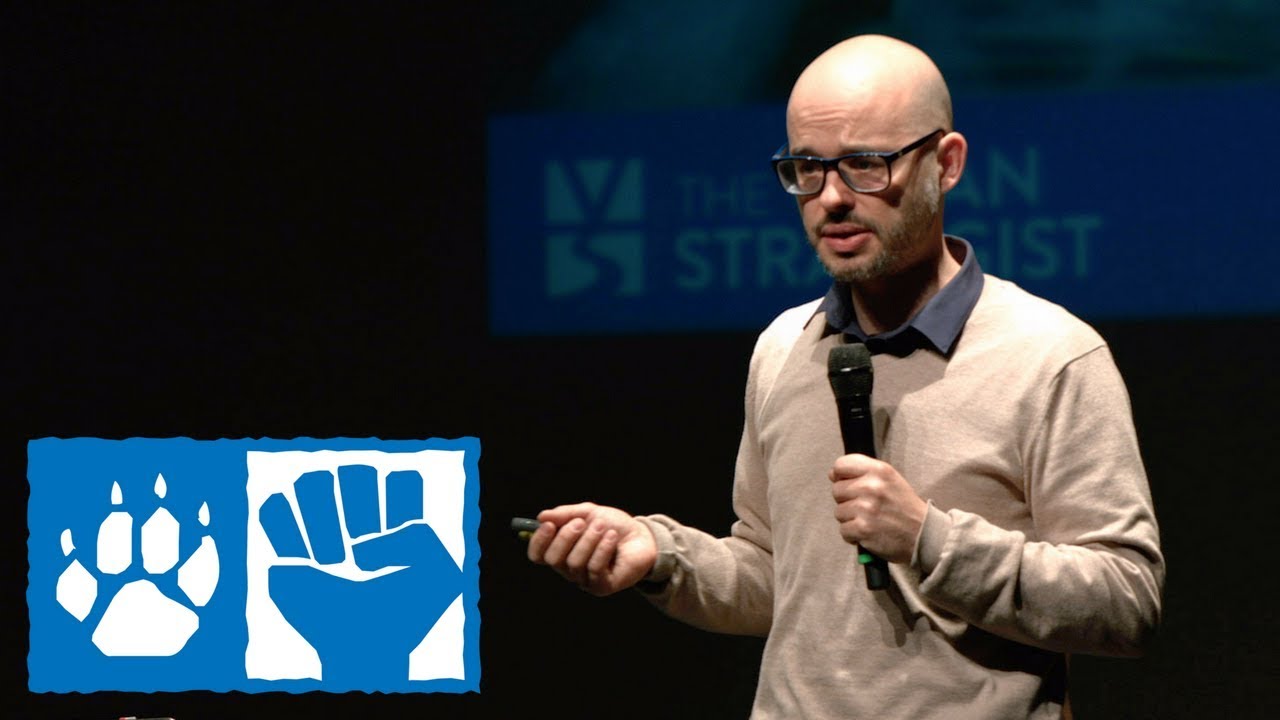
How to Grow More Vegetables
How to Win Campaigns – Communications for Change
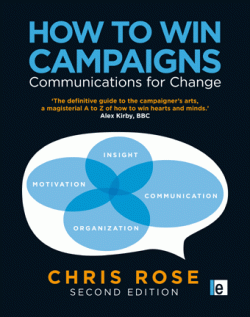
Howard Zinn: You Can’t Be Neutral On a Moving Train (2004)
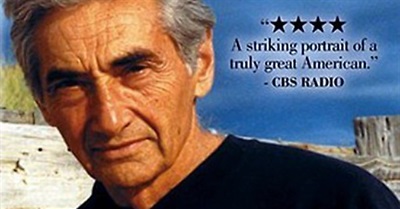
Hoxsey: When Healing Becomes A Crime
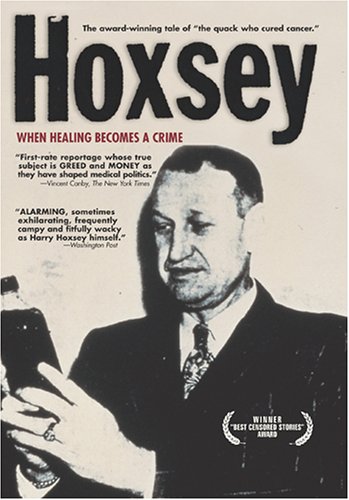
Human (2015)
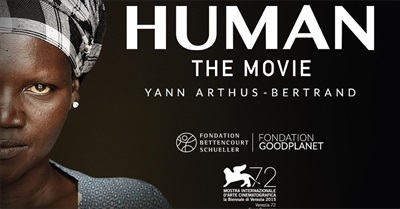
Human Development Data (1990-2017)
![]()
Human Liberation Animal Liberation

Human Resources: Social Engineering In The 20th Century (2010)
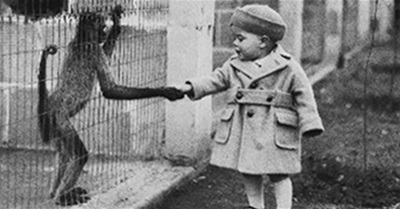
Human Rights Watch
![]()
Humane Borders

Humane Decisions
![]()

